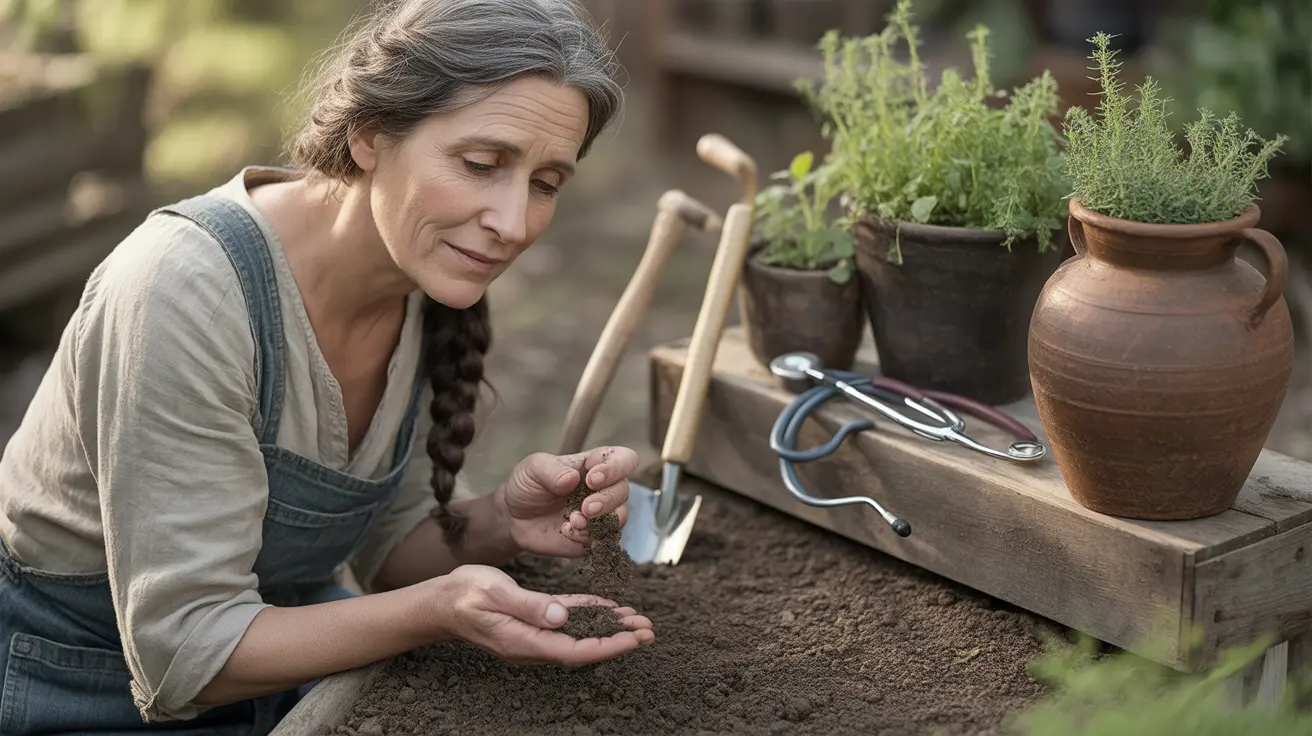The practice of eating soil, known as geophagy, has existed across various cultures for centuries. While some claim there are benefits of eating soil, it's crucial to understand both the potential effects and serious health risks associated with this behavior. This comprehensive guide examines the scientific evidence behind soil consumption and its impact on human health.
Understanding Geophagy and Its Cultural Context
Geophagy is often observed as part of traditional practices or as a symptom of pica, a condition where people crave and eat non-food substances. While some communities have historically consumed specific types of clay for perceived health benefits, modern medical science largely advises against this practice due to significant health risks.
Claimed Benefits and Scientific Evidence
Some proponents of soil consumption suggest several potential benefits, though it's important to note that these claims often lack robust scientific support:
- Mineral supplementation
- Digestive aid
- Traditional medicinal uses
- Potential protective effects against toxins
However, healthcare professionals emphasize that any perceived benefits are far outweighed by the serious health risks involved.
Health Risks and Dangers
Regular soil consumption can lead to numerous health complications:
- Parasitic infections
- Heavy metal poisoning
- Bacterial contamination
- Intestinal blockages
- Dental damage
- Interference with nutrient absorption
Soil Consumption and Pregnancy
Pregnant women sometimes experience cravings for soil, which may be related to iron deficiency or hormonal changes. However, this practice can be particularly dangerous during pregnancy, potentially affecting both maternal and fetal health through exposure to harmful substances and parasites.
The Connection Between Soil Eating and Anemia
While some people with anemia may crave soil, consuming it can actually worsen iron deficiency by interfering with the body's ability to absorb nutrients properly. Medical professionals recommend proper iron supplementation and a balanced diet instead.
Managing and Treating Soil-Eating Behavior
If you experience cravings for soil, consider these healthier alternatives:
- Consult a healthcare provider for proper evaluation
- Address underlying nutritional deficiencies
- Seek behavioral therapy if diagnosed with pica
- Focus on a balanced, nutrient-rich diet
- Consider safe mineral supplements under medical supervision
Frequently Asked Questions
- What are the potential health benefits of eating soil or clay, especially for gut health and mineral intake?
While some traditional practices suggest benefits for gut health and mineral intake, there is limited scientific evidence supporting these claims. The risks of consuming soil generally outweigh any potential benefits, and safer alternatives exist for obtaining minerals and supporting gut health.
- What are the risks and dangers associated with regularly eating dirt, including infections and nutrient deficiencies?
Regular dirt consumption can lead to parasitic infections, bacterial illness, heavy metal poisoning, intestinal blockages, and interference with nutrient absorption. It may also damage teeth and the digestive system.
- Why do some pregnant women crave and eat dirt, and how does this affect their health and the baby's health?
Soil cravings during pregnancy may be related to iron deficiency or hormonal changes. This practice can be dangerous for both mother and baby, potentially leading to infections, exposure to toxins, and complications in pregnancy.
- Can eating soil cause or worsen anemia, and does it help with mineral deficiencies like iron?
While soil may contain minerals, eating it typically worsens anemia by interfering with proper nutrient absorption. It's recommended to address iron deficiency through proper medical treatment and dietary sources instead.
- How can someone manage or stop the craving for eating non-food substances like dirt (geophagy or pica)?
Management strategies include seeking medical evaluation, addressing underlying nutritional deficiencies, behavioral therapy, maintaining a balanced diet, and working with healthcare providers to develop appropriate treatment plans.




